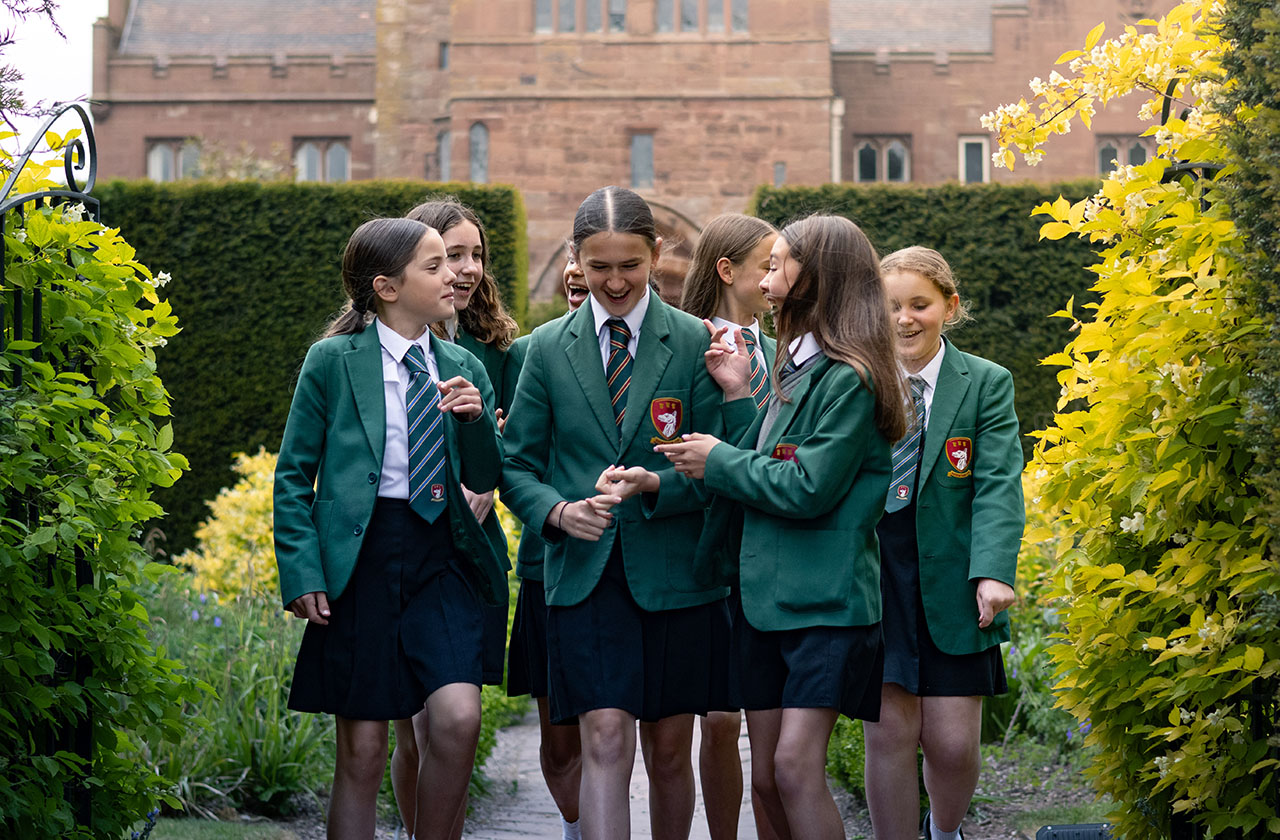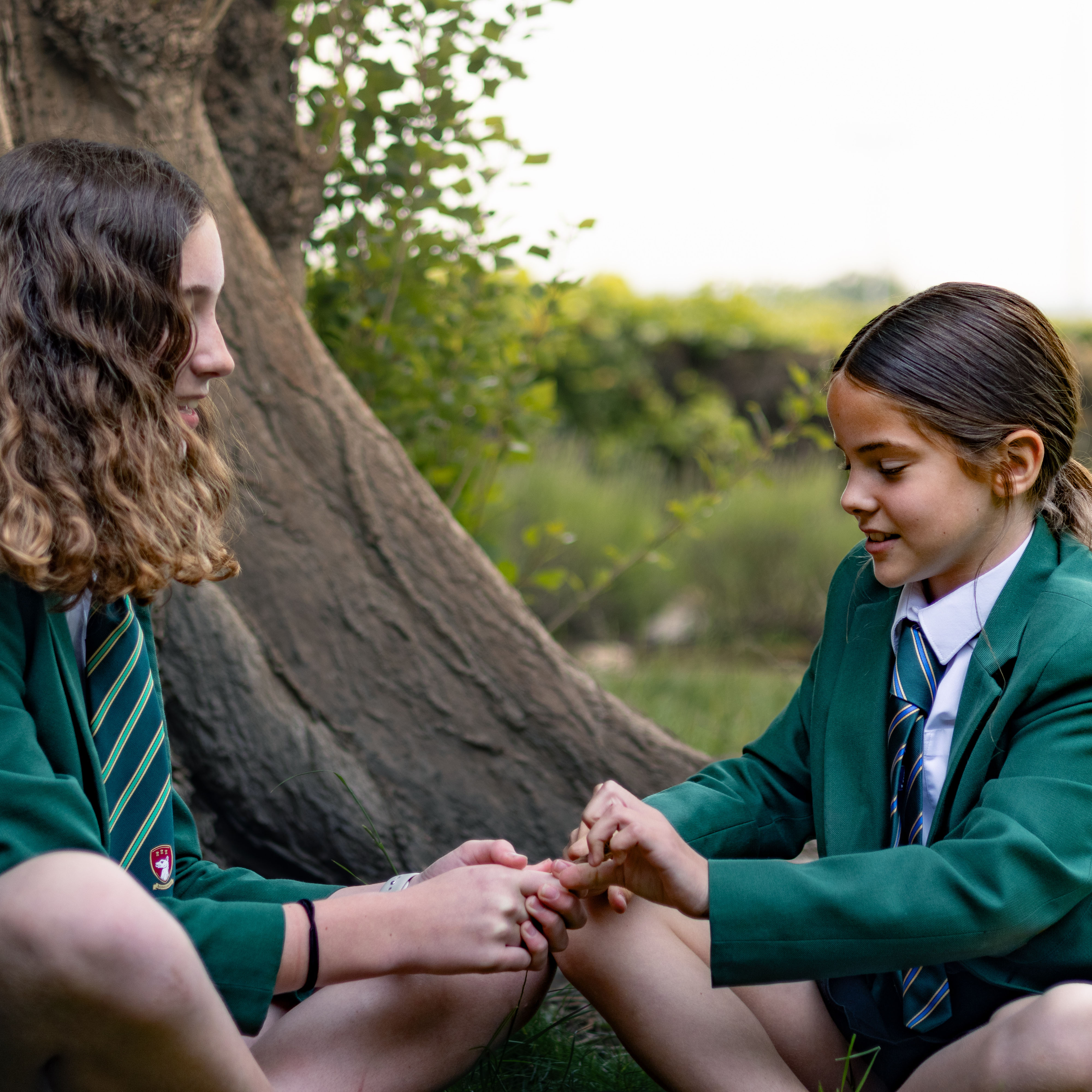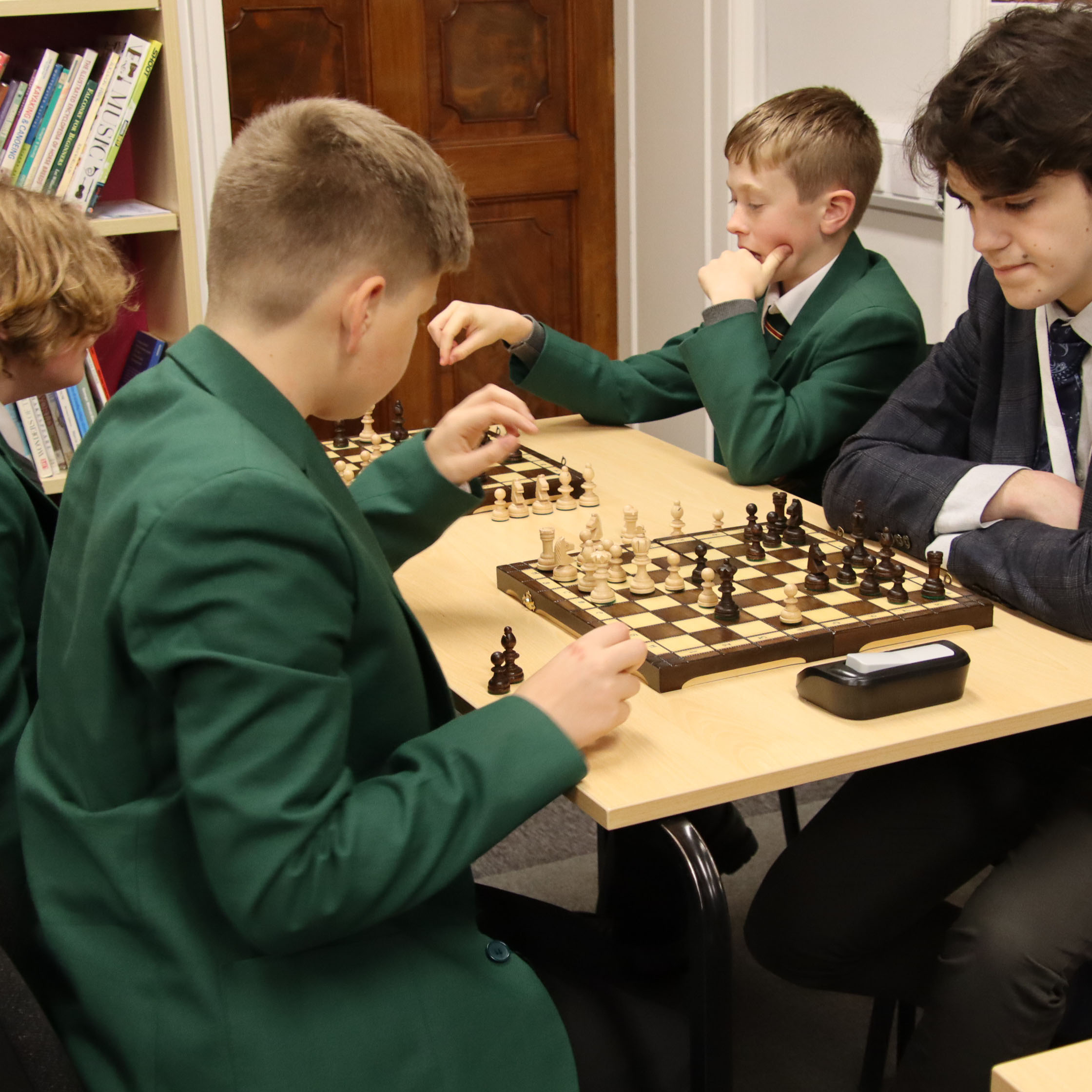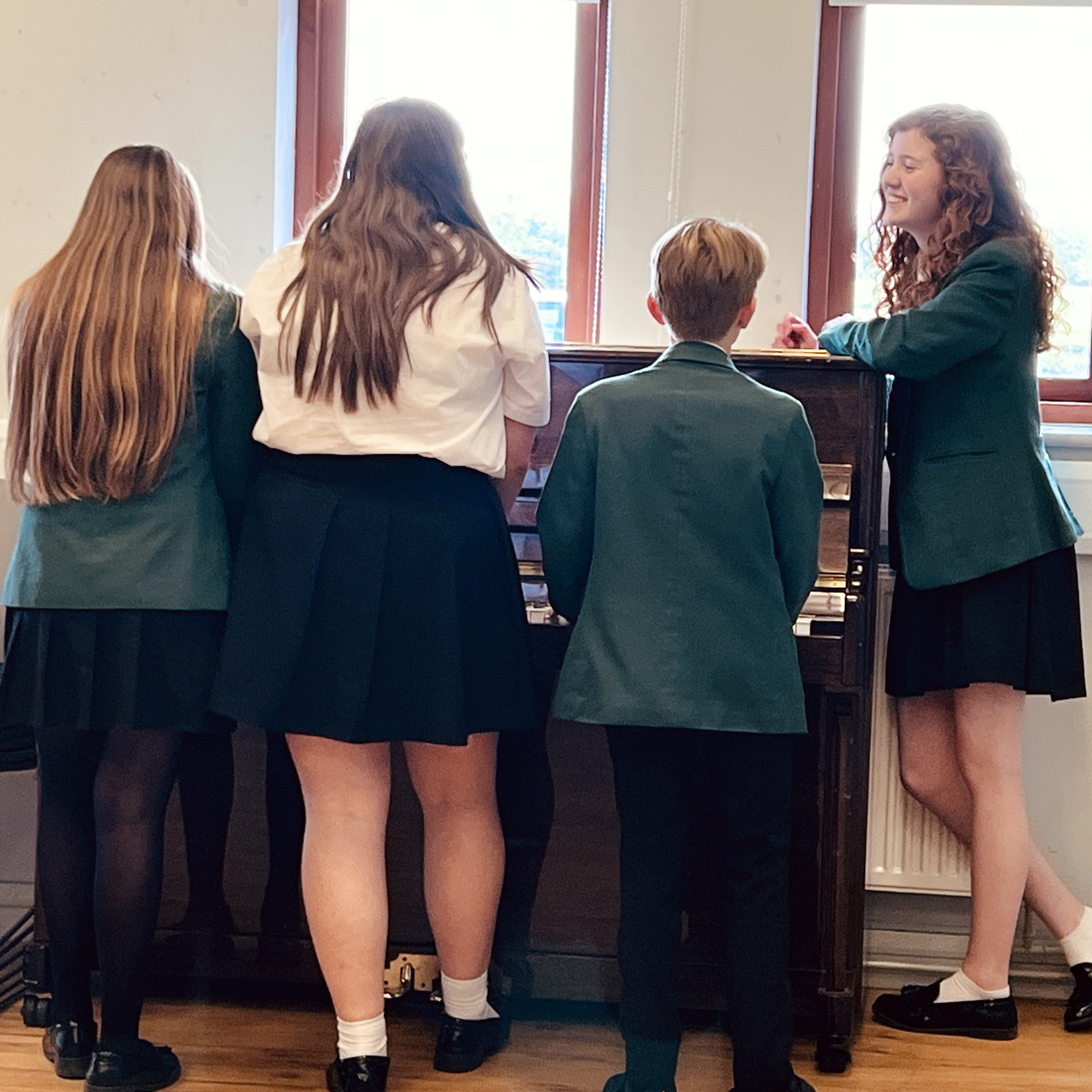 Prioritising Pupil Wellbeing at Abbey Gate College in the Digital Age
Published on 19th August 2025
Prioritising Pupil Wellbeing at Abbey Gate College in the Digital Age
Published on 19th August 2025
Addressing the negative impact of smartphones and social media on our young people
To address growing concerns about the impact of social media and the internet on young people’s mental health and wellbeing, from the start of the new academic year we are implementing an enhanced policy on use of digital devices.
This policy aims to establish an appropriate balance for all students, in relation to habits, usage, and expectations around smart technology, both in school and at home. It has been written jointly with parents, and in open consultation with the parents, staff, and students of our entire Abbey Gate College community.
We are building on our existing ‘phone free school’ policy in order to delay as far as possible the detrimental neurological and psychological impact of arguably premature exposure to online algorithms, along with the associated or additional risks of addictive, distracted, unhealthy, and harmful behaviours.
To benefit the wellbeing of our children, we do not encourage or expect ownership or usage of a smartphone for any educational purposes by our students, inside or outside College.
We are adopting a staggered approach for the implementation of this enhanced policy. From September, if a student up to and including Year 8 already has a smartphone, then it must be kept at home, for personal use only. If students in Years 9, 10, and 11 already have a smartphone, they may bring it on site but it must continue to be switched off and away for the whole day, as is already required. These permissions will reduce with subsequent years until, apart from our Sixth Form, smartphones and similar will not be permitted, as a general rule, to be brought onto our College sites by any of our students.
Common sense exceptions, such as where a pupil requires a specific app for their medical needs, will, of course, be made. Basic phones, without internet access, will be permitted to be brought onto our College sites, if a family considers that their child needs this for out-of-hours communication. We strongly recommend that smartphones, with social media and internet connectivity, only be considered for a young person after their 16th birthday.
Craig Jenkinson, our Head, says,
“Our curricular and co-curricular programmes; built on the foundation of our three Pillars of Purpose – Self, Service, Sustainability; encourage and enable healthy, rounded personal development, within an ethos of personalised care and nurture. Addressing and reducing young people’s over-exposure to potentially harmful online habits and content plays an important part in this, both inside and outside school, so we are seeking the support of as many parents as possible in managing their children’s access to and use of smartphones or other smart technology.
“On our residential device-free trips, the benefits to students of not spending time on their smartphones in their down-time are immediately obvious to accompanying staff and to the students themselves; with high levels of personal engagement between the students and an even greater appreciation of their natural surroundings, too.
“In College, we have been struck by our students’ enjoyment of playing table-top games, which may have fallen out of favour at home as the appeal of smart technology has grown. Students themselves comment regularly too on how much they enjoy spending leisure time in our College’s beautiful grounds and gardens, without the distraction of smartphones and the enduring appeal of the internet.”
The College’s Smart Technology Policy has been informed by the growing body of neuroscientific and psychological research and findings from across the world. To read the enhanced policy in full, please click here. If you have any questions regarding the policy or the consultation process, please get in touch with the Head’s PA: headspa@abbeygatecollege.co.uk.












